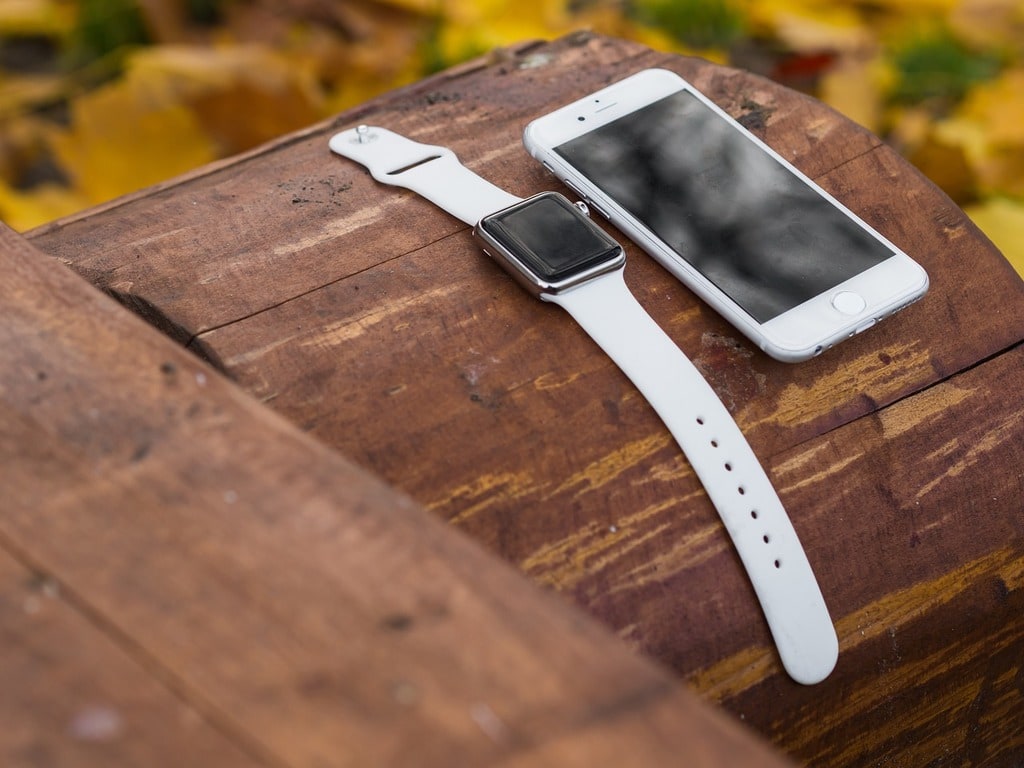Choosing the best smart devices for your needs
Navigating the world of smart devices can be overwhelming, given the rapid advancements in technology and the wide array of options available. However, understanding your specific needs and aligning them with the right devices can significantly enhance your lifestyle. Whether you are looking to streamline your daily tasks, increase home security, or simply make life more convenient, there is a smart device tailored for you. The key is to identify what features are most beneficial to your unique circumstances.
Determining the Best Smart Devices for Your Lifestyle
When it comes to choosing smart devices, the first step is to evaluate how they can integrate into your everyday life. Smart technology has become increasingly sophisticated, offering solutions that range from simple automation to complex home ecosystems. Consider what areas of your life you wish to improve with these devices. For instance, those who travel frequently may prioritize security systems with remote monitoring capabilities, while busy professionals might lean towards automation systems that can manage household tasks with minimal effort.
In addition to assessing your lifestyle, think about compatibility. Many smart devices are designed to work seamlessly with others, creating a unified system that can be controlled via a single platform. This not only enhances user experience but also ensures that all your devices communicate effectively, reducing the likelihood of technical issues.

Key Categories of Smart Devices to Consider
Understanding the different categories of smart devices can help you make more informed decisions. Here are some popular types :
– Smart Speakers and Voice Assistants: these devices have become the cornerstone of smart homes. They can control other smart devices, answer questions, set reminders, and even play music. Popular examples include Amazon Echo and Google Nest.
– Smart Lighting: offering much more than just turning lights on and off, smart lighting can be customized to your preferences. You can schedule lighting to match your daily routine, change colors to suit your mood, and control everything remotely.
– Smart Thermostats: these devices learn your schedule and adjust the temperature of your home automatically, leading to energy savings. Some models also provide detailed reports on your energy usage.
– Smart Security Systems: from cameras and doorbells to complete alarm systems, smart security devices allow you to monitor your home in real-time. Some systems also feature facial recognition and can alert you to unusual activity.
– Smart Appliances: kitchen appliances like refrigerators, ovens, and coffee makers have joined the smart revolution. They can be controlled via smartphone apps, making it easier to manage cooking and food storage.
Each of these categories serves different purposes, so selecting the right one depends on what aspect of your life you wish to enhance.
Balancing Features, Budget, and Future Proofing
One common challenge when selecting smart devices is balancing the features you want with your budget. Some devices come packed with cutting-edge technology but might be more expensive. It is essential to evaluate whether the advanced features are necessary or if a more affordable option would suffice. Keep in mind that smart devices are long-term investments, and spending a bit more upfront could save money in the long run through energy savings or reduced maintenance costs.
Another factor to consider is future proofing. Technology evolves rapidly, and it is worth considering devices that can receive software updates or have modular components that can be upgraded over time. This ensures that your devices remain relevant and functional as new standards and features emerge.
Checklist for Making the Right Choice
To aid in your decision-making process, consider the following checklist :
- Identify specific needs: determine which aspects of your life or home you want to improve with smart devices.
- Research compatibility: ensure the devices you choose can work together within a unified system.
- Set a budget: decide how much you are willing to invest and explore options within that range.
- Evaluate features: focus on features that align with your needs rather than getting distracted by unnecessary extras.
- Consider future updates: choose devices that can adapt to future technological advancements.
Following this checklist will help you make an informed decision, ensuring that your smart devices not only meet your current needs but also remain valuable in the future.
Maximizing the Benefits of Your Smart Devices
Once you have selected the right smart devices, it is vital to optimize their use. Proper installation and setup are the first steps. Many smart devices offer guided setup processes, but some may require professional installation to ensure they function correctly. After installation, regularly update your devices to benefit from new features and security enhancements.
Also, take the time to explore the full range of functionalities offered by your devices. Often, smart devices have more to offer than what is apparent at first glance. For example, smart speakers can not only control other devices but also provide weather updates, reminders, and even help with shopping lists.
Lastly, consider expanding your smart ecosystem gradually. Starting with a few essential devices and then adding more over time allows you to spread out costs and learn how to get the most out of each device.
By carefully choosing and optimizing your smart devices, you can create a connected environment that significantly enhances your lifestyle, making daily tasks easier, more efficient, and even enjoyable.
